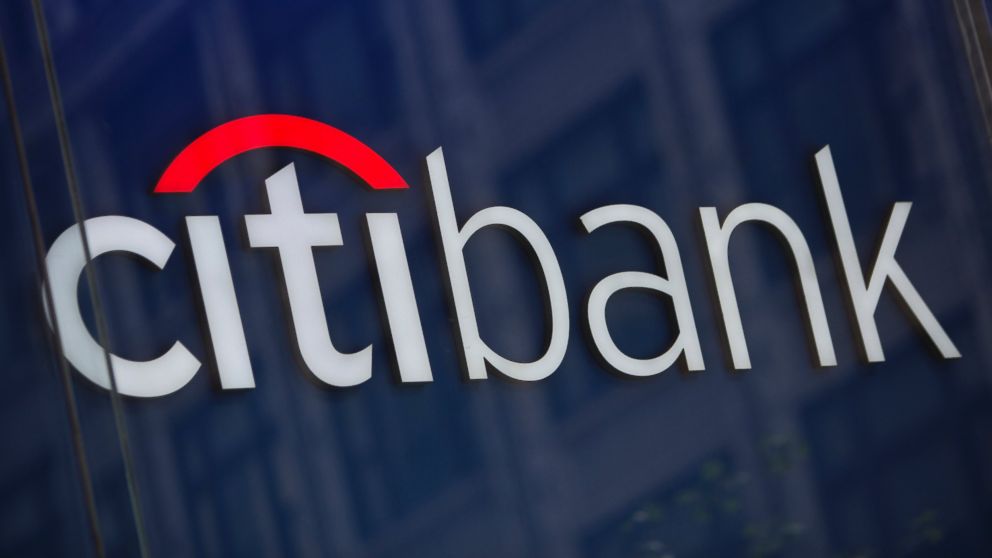Woman’s Bank Account Slowly Drained By Mystery Charge
ABC News Fixer investigates curious CitiBank charges.

— -- Dear ABC News Fixer: My 88-year-old mom and I have an issue with Citibank. Bottom line -- they were charging my mom $20 a month for the last couple years and we were not aware of it until this past April.
The local branch manager gave me the name of a woman to call, and I left at least 10 messages but never heard from her. Then I got another name to call. That woman gave me yet another person to call; I called him but he never called me back either.
I want to get my mom's money returned to her. Please help!
- Kathryn Bialek, New Lenox, Ill.
Dear Kathryn: Yikes! Your story is why we all should take a New Year’s vow to help older loved ones stay on top of their banking and credit card statements.
Checking these statements online is something everyone should do regularly – sort of like taking a daily vitamin. (Actually, it’s probably more important. Forgetting a vitamin won’t make you fall victim to identity theft or unexpected bank fees.)
You told us your mom opened the savings account back in 2006 with about $22,000. Except for a couple of withdrawals, the account was largely unused. Then in July 2012, money started slowly disappearing -- $20 a month, every month. It wasn’t until this past April, when the two of you checked on the account, that you realized there was less money than you expected.
We got in touch with Citibank and asked them to look into this. As it turns out, the $20 a month was a fee that kicked in after one of the withdrawals dipped the account below the required minimum balance.
As a courtesy, Citibank offered to waive it retroactively, resulting in a refund for your mom of $400 for 20 months of fees.
We’re hoping your experience reminds other folks to check their accounts regularly. Here’s some advice from the FDIC for managing electronic financial documents:
- Make sure you have updated anti-virus software, strong passwords and a firewall to prevent hackers from seeing your account information.
- Regularly review your statements line by line to catch any unexpected fees.
- Watch out for scam emails that pretend to be from your bank. Create a bookmark for your banking websites, and access your account from there.
- The ABC News Fixer
Got a consumer problem? The ABC News Fixer may be able to help. Click here to submit your problem online. Letters are edited for length and clarity.